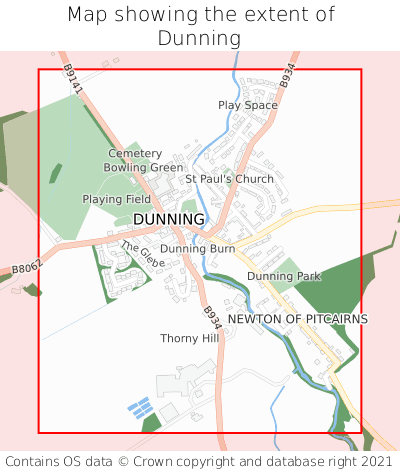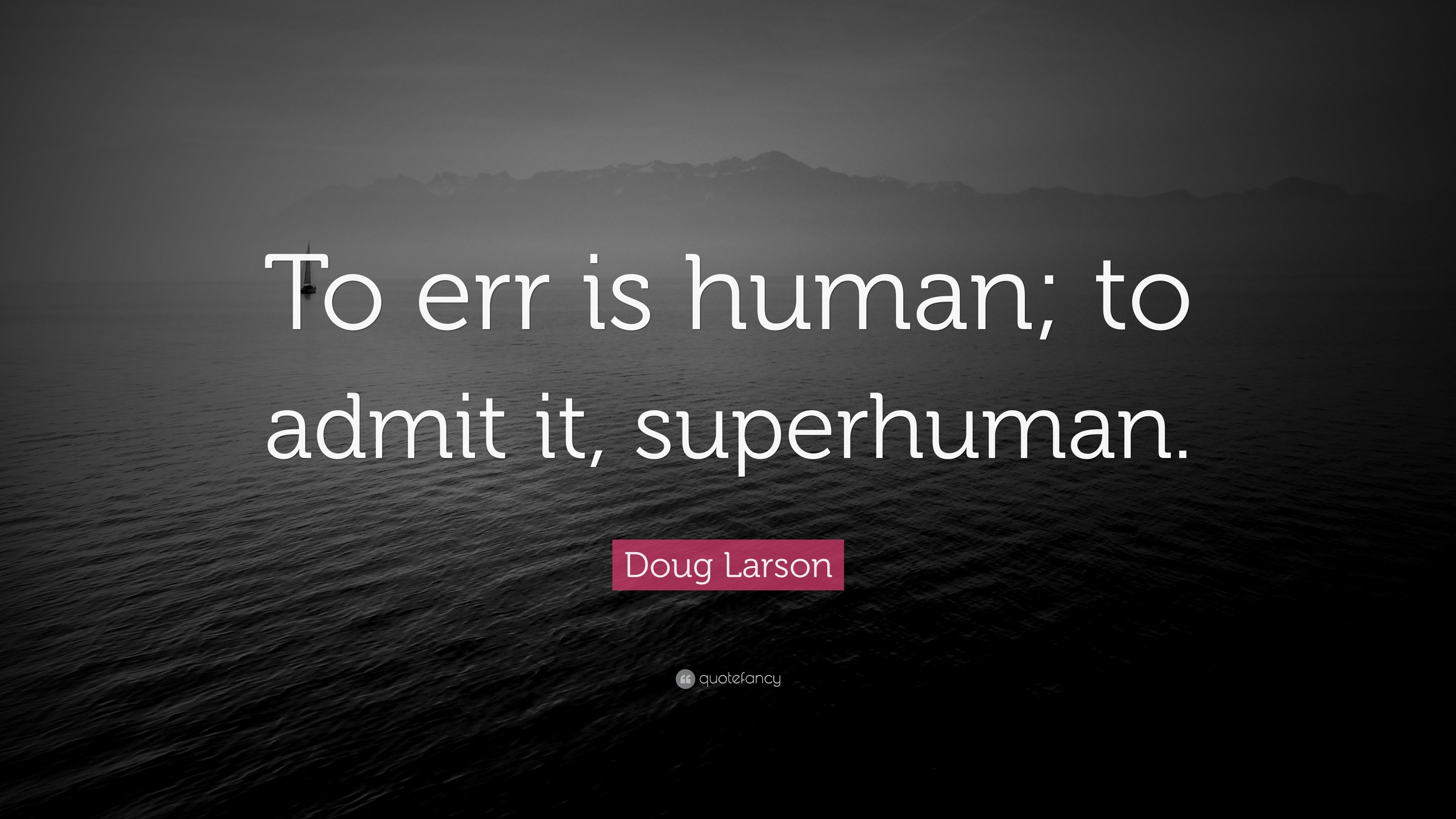Am re-reading my father's journals. My father was a child in the UK when WW2 broke out - old enough to remember, young enough to not have the emotional tools to process the chaos and dangers around him.
I try not to be sad, my relationship with my father was complicated, much was resolved in the years before he died, but it is still bittersweet knowing how much might have been different had he not been traumatized by war at such an important, formative stage of his life.
As I re-read the Anderson shelter popped up. Not sure why I didn't document it before, but my father's family, like thousands of families across the UK, were issued an Anderson Shelter that was to be built by the families far enough from the home, and deep enough into the ground that it might afford some protection in a bombing. They were sent information on what to do when they heard the air raid sirens, they did drills, a seismic shift in every day life.
My father journalled how several of the neighbours made quick work of their construction and installation by doing it together, that they had been issued in 1938 - the sense that war was coming pre-dated any official declarations, made clearer in the words of my father in his elder-years.
And so here it is - information about the widely-issued Anderson shelter for the air raids that became a frequent sound piercing the ears of my father's childhood: Anderson shelters.












